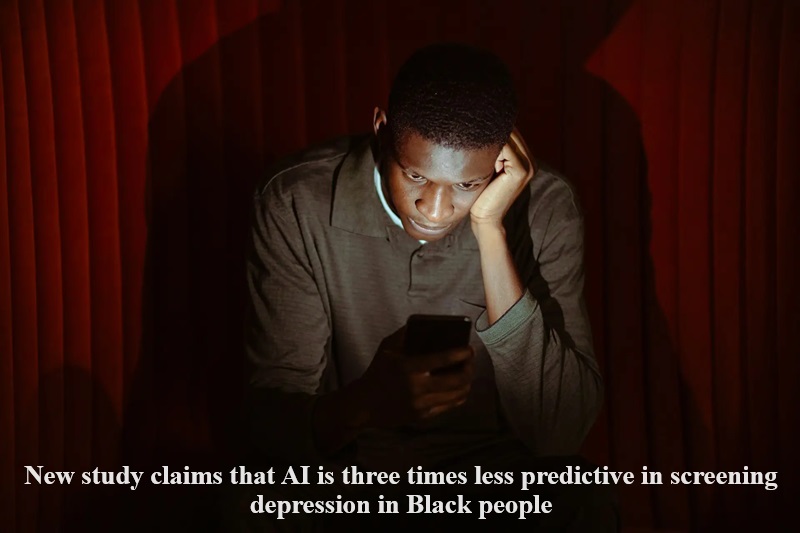
We are well aware that Artificial Intelligence (AI) can exhibit bias, as evidenced by several recent incidents. However, the extent of this bias is now clearer than ever.
A recent study utilized AI to examine social media content to determine if the technology could identify indicators of depression based on online posts. The findings of the study are significant.
The study revealed that AI is capable of detecting signs of depression in white Americans through their social media activity. However, its effectiveness in identifying depression in Black individuals is substantially lower. In fact, the AI’s predictive ability was found to be three times weaker when analyzing Facebook posts made by Black individuals compared to those made by White individuals.
The authors of the study, published in the Proceedings of the National Academy of Sciences (PNAS), noted the glaring oversight regarding race in previous research on language-based assessments of mental health.
To conduct their research, the authors utilized an “off-the-shelf” AI tool to analyze the language used by 868 volunteers, including an equal number of Black and white adults with similar demographic characteristics such as age and gender. These participants also completed a depression screening questionnaire commonly used by healthcare professionals.
Previous research has indicated that individuals who frequently use first-person pronouns like “I,” “me,” and “mine,” as well as self-deprecating language, are at higher risk of depression. However, the study found that this association between language use and depression was only significant among white individuals.
Study co-author Sharath Chandra Guntuku expressed surprise at the findings, noting that the language patterns identified in numerous prior studies did not universally apply. While Guntuku acknowledged that social media data alone cannot diagnose depression, he suggested that it could assist in assessing the risk of depression for individuals or communities.

Post Your Comments